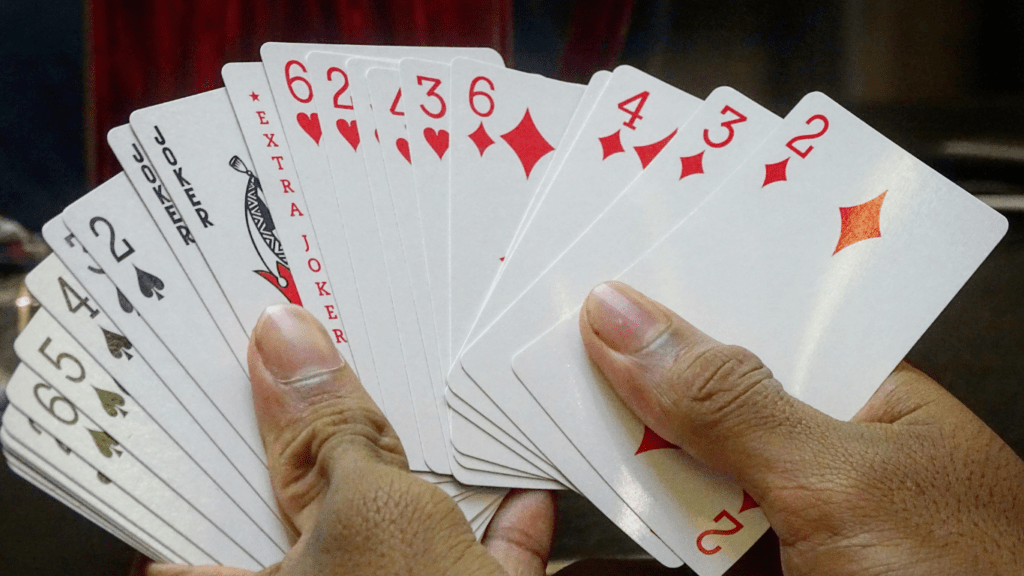When it comes to gambling, self-control can be the difference between a night of fun and financial regret. As someone who has delved into the world of gambling and its psychological intricacies, I’ve witnessed firsthand the impact that self-discipline can have on the outcomes. Understanding how to harness self-control in the midst of the thrill of gambling is a skill that can significantly tilt the odds in your favor.
In this article, I’ll explore the powerful relationship between self-control and gambling outcomes. From setting limits to recognizing triggers, mastering self-control techniques can not only enhance your overall gambling experience but also lead to more favorable results. So, join me as we delve into the realm of self-control and discover how it can be a game-changer in the world of gambling.
Understanding Self-Control in Gambling
Exploring self-control in the realm of gambling reveals its pivotal role in shaping outcomes and experiences. Mastering techniques like setting limits and identifying triggers is crucial for enhancing results. The profound connection between self-control and gambling results signifies its transformative impact on the gambling landscape.
The Relationship Between Self-Control and Gambling Outcomes
Exploring the profound link between self-control and gambling results unveils a pivotal aspect that can significantly influence one’s overall gambling experience. Mastering self-control techniques, such as setting personal limits and pinpointing triggers, plays a crucial role in shaping the outcomes of gambling endeavors.
Understanding how self-control intertwines with the dynamics of gambling is essential for optimizing results. By recognizing the impact of self-discipline in restraining impulsive behaviors and making informed decisions, individuals can empower themselves to navigate the gambling landscape more effectively. This self-regulation not only enhances the quality of decision-making but also fosters a more positive and sustainable gambling experience.
Strategies for Strengthening Self-Control in Gambling
When it comes to enhancing self-control in gambling, implementing effective strategies is key. Below, I’ll delve into two essential techniques that can help strengthen self-control and improve gambling outcomes.
- Setting Limits and Boundaries
In gambling, setting clear limits and boundaries is crucial for maintaining self-control. I find that establishing predefined limits on the amount of time and money I’m willing to spend helps me stay disciplined. By setting these boundaries before starting any gambling activity, I can avoid impulsive decisions and reckless behavior. It’s essential to stick to these limits rigorously, even when faced with challenging situations or temptations. This practice not only fosters self-discipline but also ensures responsible gambling. - Developing Healthy Coping Mechanisms
Developing healthy coping mechanisms is another valuable strategy for enhancing self-control in gambling. When I feel the urge to engage in excessive gambling or make risky bets, I rely on positive coping techniques to redirect my thoughts and actions. For instance, engaging in mindfulness exercises, physical activities, or hobbies can help me manage stress and avoid succumbing to impulsive behavior. By cultivating these healthy coping mechanisms, I can better regulate my emotions and make more rational decisions while gambling. This proactive approach contributes to a more balanced and controlled gambling experience.
Implementing Self-Control Techniques in Real-Life Gambling Scenarios
In real-life gambling scenarios, I focus on implementing proven self-control techniques to enhance my overall gambling experience. One essential strategy is setting limits before engaging in any form of gambling activity. By establishing clear boundaries for myself, I ensure that I do not exceed my predetermined budget, thereby safeguarding my finances and preventing impulsive behavior.
Another effective technique that I employ is identifying triggers that may lead to excessive or risky gambling behavior. By recognizing these triggers, I can proactively address them and adopt healthier coping mechanisms to manage urges and impulses. This proactive approach empowers me to make more informed decisions while gambling, reducing the likelihood of impulsive actions that may negatively impact my outcomes.
Additionally, I emphasize the importance of developing healthy coping mechanisms to deal with potential stressors or emotional triggers while gambling. Engaging in activities such as mindfulness exercises, taking breaks, or seeking support from friends or counselors enables me to maintain a balanced emotional state and make rational decisions during gaming sessions.
By incorporating these self-control techniques into my gambling routine, I create a structured and responsible approach to gaming. This proactive strategy not only enhances my self-discipline but also significantly improves my overall gambling outcomes. Through consistent practice and dedication to self-control, I can navigate the complexities of gambling scenarios with confidence and responsibility, leading to a more positive and sustainable gambling experience.




